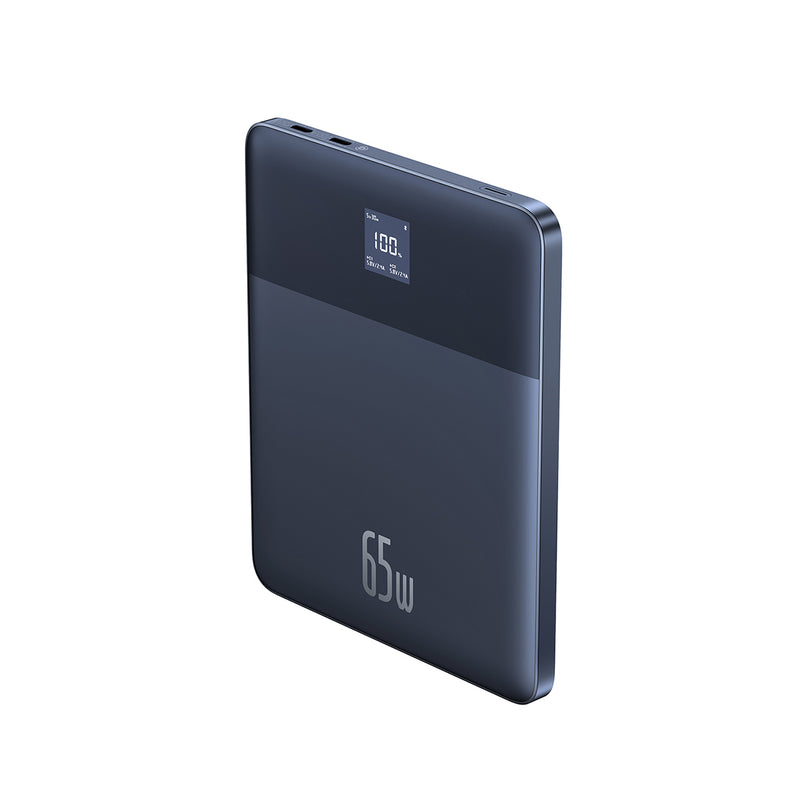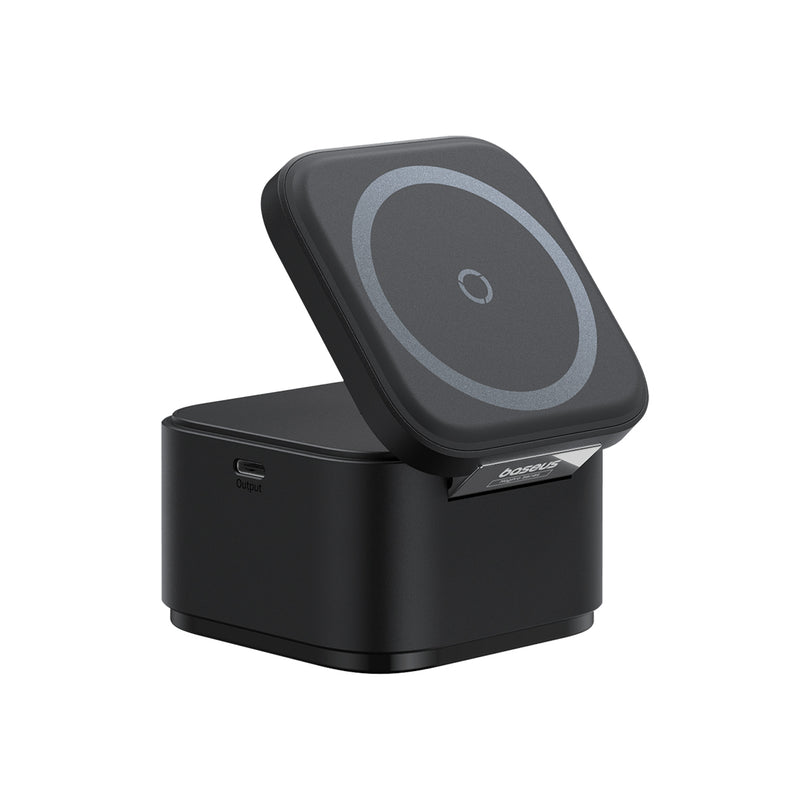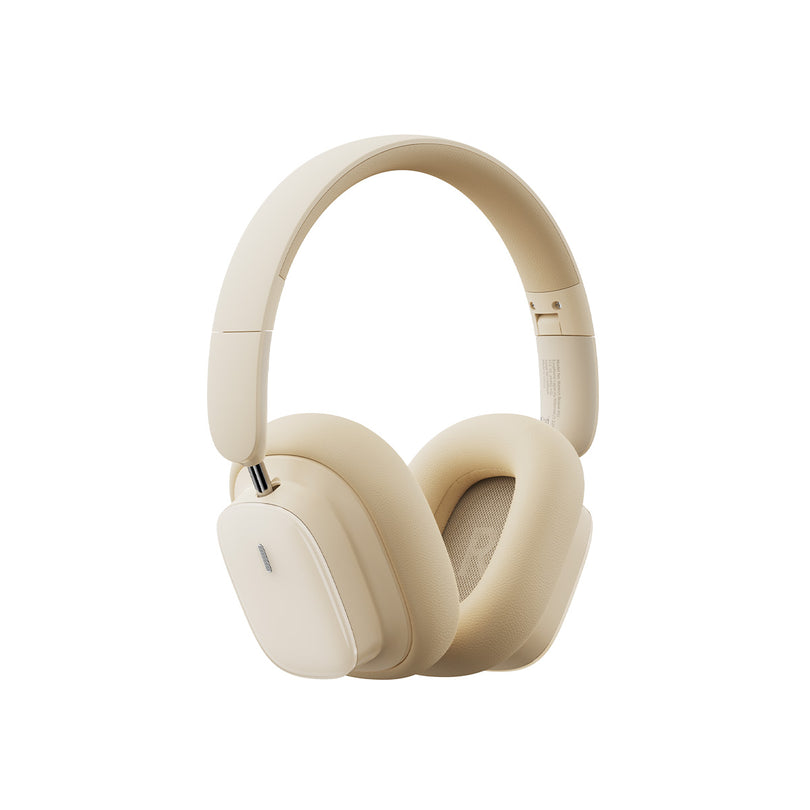What is Low-battery Anxiety
When a device's battery is getting low or is about to run out of power, such as a phone or laptop, people might experience "low-battery anxiety". This anxiety may be brought on by a concern about losing internet connectivity or not having access to crucial communications or information. A feeling of dependence on these electronics for everyday duties and activities may also contribute to it.

What are the symptoms of having low-battery anxiety?
Some typical signs of low battery anxiety include feeling anxious or nervous when a gadget's battery is getting low, checking the battery level a little too often, and experiencing panic when the device shuts off. Other signs and symptoms might include impatience, trouble concentrating on other activities, and a sense of powerlessness.

The impact of low-battery anxiety on mental health
Low-battery anxiety may be harmful to one's mental health since it heightens emotions of stress, anxiety, and powerlessness. When we rely on our smartphones for communication, business, and entertainment, a low battery would feel like a big obstacle in our everyday life. This might lead to emotions of irritation and disconnection from the outside world.
Low-battery anxiety can lead to a more overall sense of tension and overload, in addition to the acute emotions of concern that might come when a device's power is low. Constantly monitoring and worrying about battery levels can result in long-term stress, which can have a harmful impact on mental health.
It is critical to understand the impact of low-battery anxiety on mental health and take actions to address it. This might include reducing dependency on electronics, creating limits around device use, and developing healthy coping mechanisms for stress and anxiety.
Here are some tips for managing low-battery anxiety:
- Charge devices overnight: One simple way to manage low-battery anxiety is to make sure that devices are charged overnight. This ensures that devices are fully charged and ready to go in the morning.
- Set reminders to charge devices: Another way to manage low-battery anxiety is to set reminders to charge devices. This can help to ensure that devices are charged regularly and prevent the anxiety that can come from a low battery.
- Protect your battery health: With higher battery health, your devices would be more persistent and last longer to avoid the battery running low. For some tips on how to take care of your battery health, refer to our guideline on How to Protect Your Battery Health.
- Take breaks from screens: As mentioned previously, taking breaks from screens can help to reduce anxiety and recharge both the device and the user. Setting aside specific times to unplug from devices can be a helpful strategy for managing low-battery anxiety.
- Seek support: If low-battery anxiety is causing significant distress, it may be helpful to seek support from a mental health professional. A therapist can help to identify the root causes of the anxiety and develop strategies for managing it.
- One solution for low-battery anxiety is to carry a power bank with you. A power bank is a portable device that can be used to charge a device when there is no access to a power outlet. Baseus offers a wide range of high-quality power banks that are perfect for easing low-battery anxiety. These power banks are compact and portable, making them easy to carry with you wherever you go. They are also available in a variety of styles and colors to suit your personal preferences.

In conclusion, low-battery anxiety can have a negative impact on mental health and is important to recognize and manage. By charging devices overnight, using a charging station, setting reminders to charge devices, taking breaks from screens, and seeking support if needed, users can effectively manage low-battery anxiety and maintain a healthy relationship with their devices. A power bank, like those offered by Baseus, can also be a valuable solution for easing low-battery anxiety on the go.
 United States/English
United States/English









